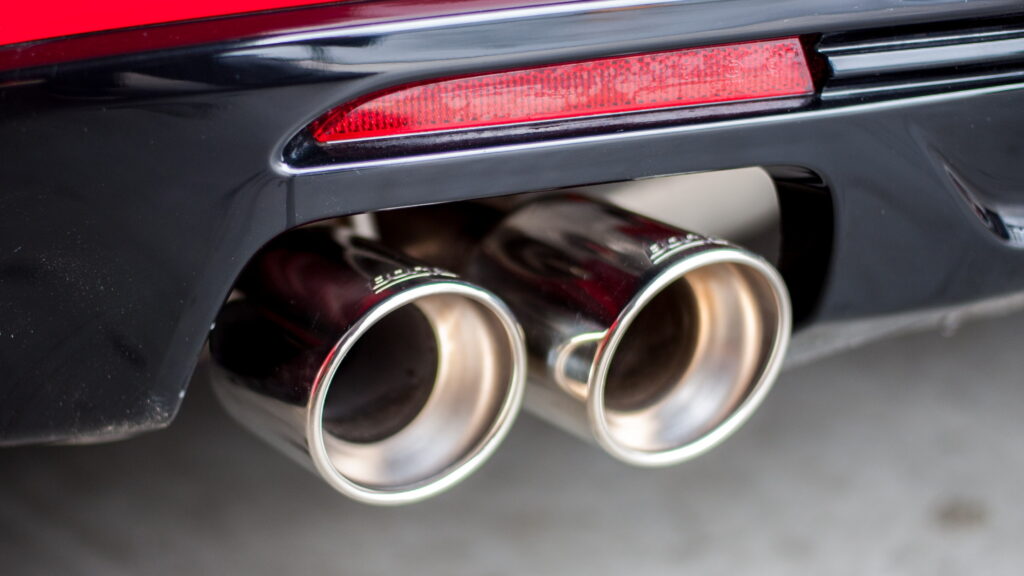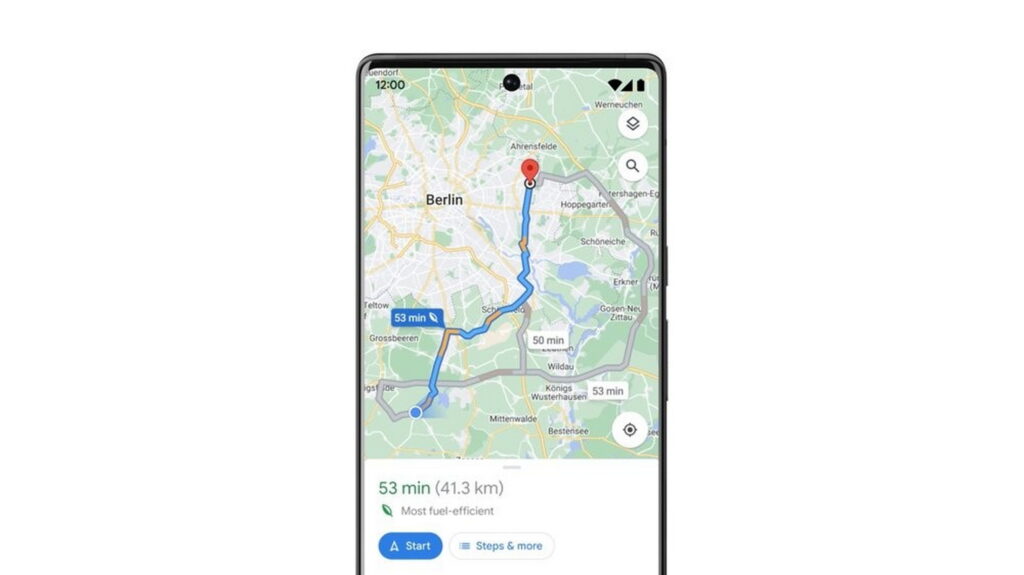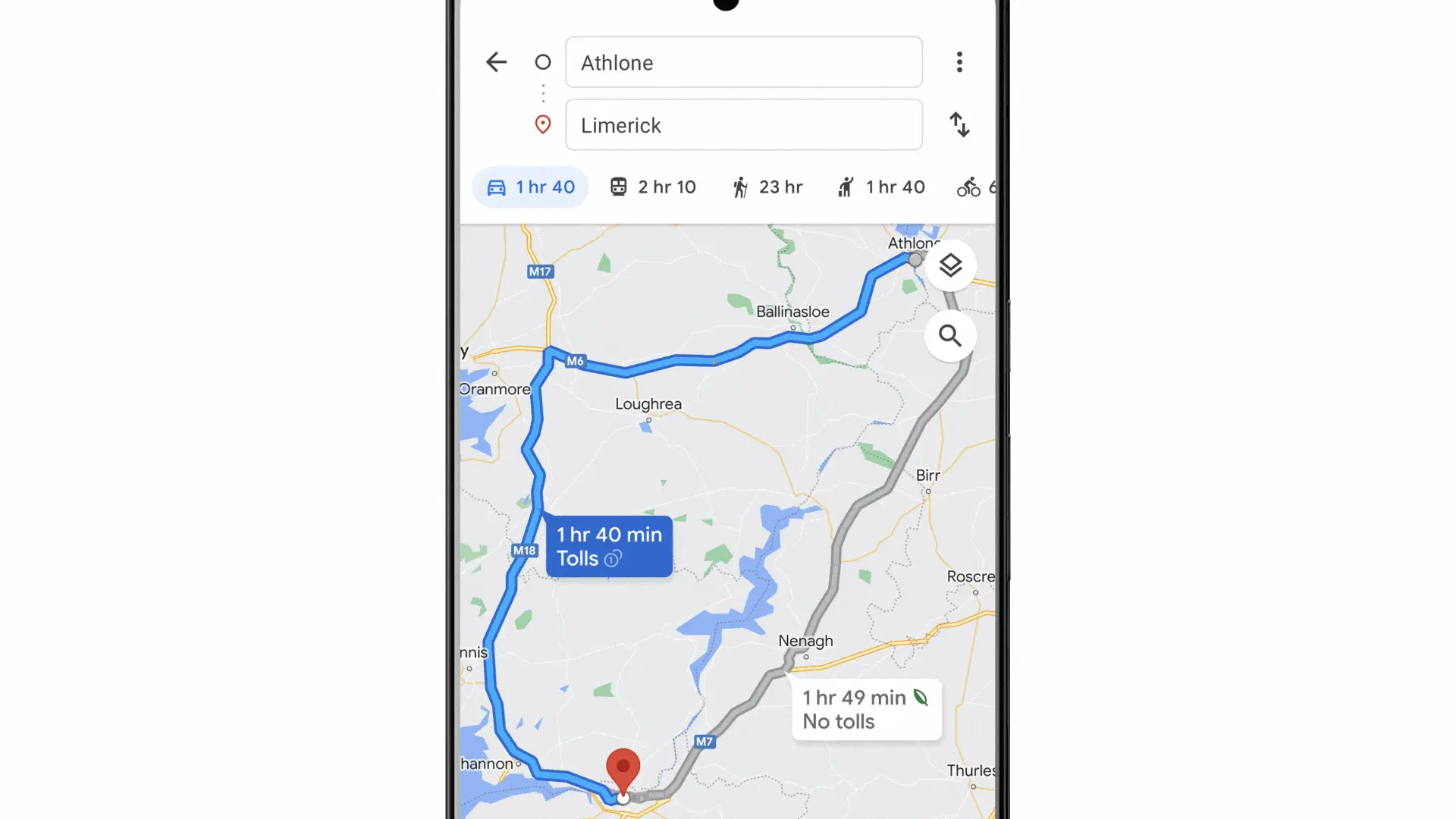Simply by taking the most efficient route, drivers saved the equivalent of 250,000 ICE vehicles’ yearly CO2 emissions, Google estimates
3 hours ago
 –>
–> 
–>
In late 2021, Google introduced a new feature on its mapping app. The feature would not just provide drivers with the fastest route, but also the most environmentally friendly route, too. Since then, it estimates that it has helped drivers save roughly 1.2 million metric tons of CO2 emissions.
Google further estimates that this is the equivalent of taking around 250,000 internal combustion vehicles off the road for a year, thanks to drivers who chose the greenest route, rather than the fastest, when they weren’t the same.
While the eco-routing tool launched in the U.S., it is now also available in Canada, Egypt, and 40 European countries. Google said it uses machine learning to find the routes that use the least fuel.
advertisement scroll to continue
Read: Google Maps Introduces Eco-Friendly Routing To Europe That Can Optimize For Gas, Diesel, Or Electric

In addition, if drivers choose to enter what kind of fuel their vehicle runs on (gas, diesel, hybrid or electric), its algorithms can optimize even further. The tech company says it takes things like diesels being more efficient at highway speeds, and hybrids working well in low-speed driving, into account in making these calculations.
In addition to providing greener routes for drivers, Google Maps also has a number of EV- and PHEV-specific features. These include information about charging stations, such as location, port types, port availability, and charging speed. It is also working to make Google Maps work better with public transit to avoid car use altogether.
While helping drivers save 1.2 million metric tons of CO2 is good, that figure is much lower than Google’s own carbon footprint in 2022. According to its latest environmental report, the company emitted more than 10 million metric tons of CO2 last year, or the equivalent of 25 gas-fired power plants, per The Verge.
The company still has a long way to go before reaching its stated goal of halving emissions by 2030. With a starting point of 2018, when it emitted 13.6 million tons of CO2, gains appear to be coming slowly.



